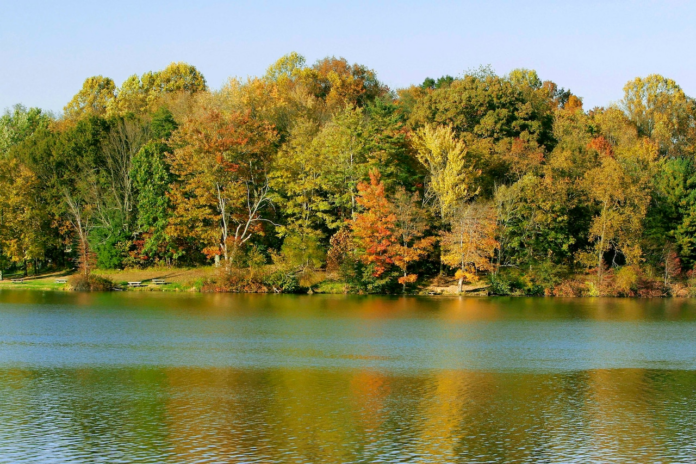COLUMBUS, Ohio — Ohio lawmakers are starting to talk about something that’s long been off-limits — taxing nonprofits.
For decades, organizations like land conservancies, hospitals and museums haven’t paid property taxes. Now, a pair of Republican lawmakers want to see what happens if one of them has to start.
House Bill 540 would require nonprofit conservation groups that own more than 15,000 acres in a single county to make yearly payments based on how much their land is worth.
Beginning in 2026, they’d owe 2.5% of the land’s taxable value, and the money would be shared among local governments as if the property were taxed normally.
Republican Reps. Justin Pizzulli of Scioto County and Dave Thomas of Ashtabula County say that the bill is written broadly but aimed at one specific case: the Nature Conservancy’s large holdings in Adams County.
“In my mind, this is kind of the test case,” Thomas said.
If it works, he plans to launch a bigger conversation about whether Ohio’s nonprofits — which own $10.2 billion worth of untaxed property — should shoulder some of the cost of local government.
“When we exempt properties, it’s not like the government is getting less; other people are paying more,” Thomas said. “The best type of tax policy is a broad base and low rate.”
According to the nonpartisan Legislative Service Commission, the Nature Conservancy owns nearly 20,000 acres of undeveloped land in Adams County. If this bill passed, the nonprofit would owe between $232,000 and $274,000 for calendar year 2026.
That’s less than what it would pay if the land were taxed under Ohio’s Current Agricultural Use Value system.
Cleveland.com reached out to the Nature Conservancy for comment.
The conservancy owns about 5.6% of all land in Adams County, according to records Pizzulli shared from the county auditor. But it holds more than a quarter of the acreage in two townships.
“The rest of the properties are picking up that portion,” Thomas said.
He’s heard similar concerns in his own district, where the Cleveland Museum of Natural History owns large stretches of undeveloped land along the Grand River.
“When you have this undevelopable land, it’s protected from ever actually contributing to the tax roll,” Thomas said.
Democrats said the idea might not hold up in court.
“The Ohio Constitution requires most property taxes to be applied equally,” North Olmstead Rep. Chris Glassburn said. “You could give a credit to a niche type of property, but I don’t think you could levy taxes on a specific type of property that way.”
Ohio law includes roughly a dozen different types of nonprofits that qualify for property-tax exemptions, including churches, museums, hospitals, and sports complexes.
Thomas said houses of worship are off the table, but he wants to take a closer look at properties owned by major sports organizations.
“We will learn from this and see where everyone is at,” he said.




